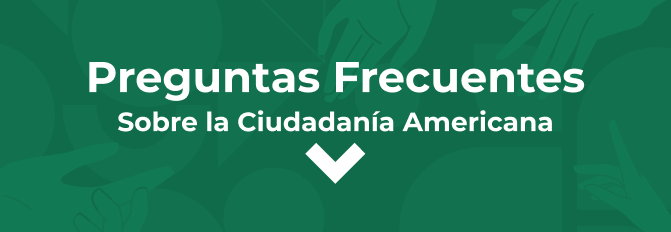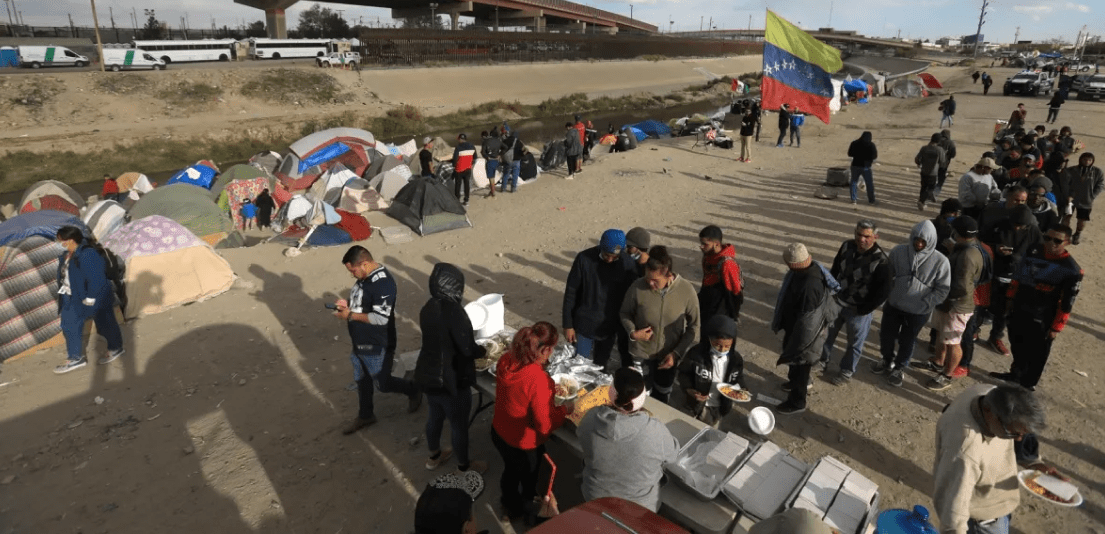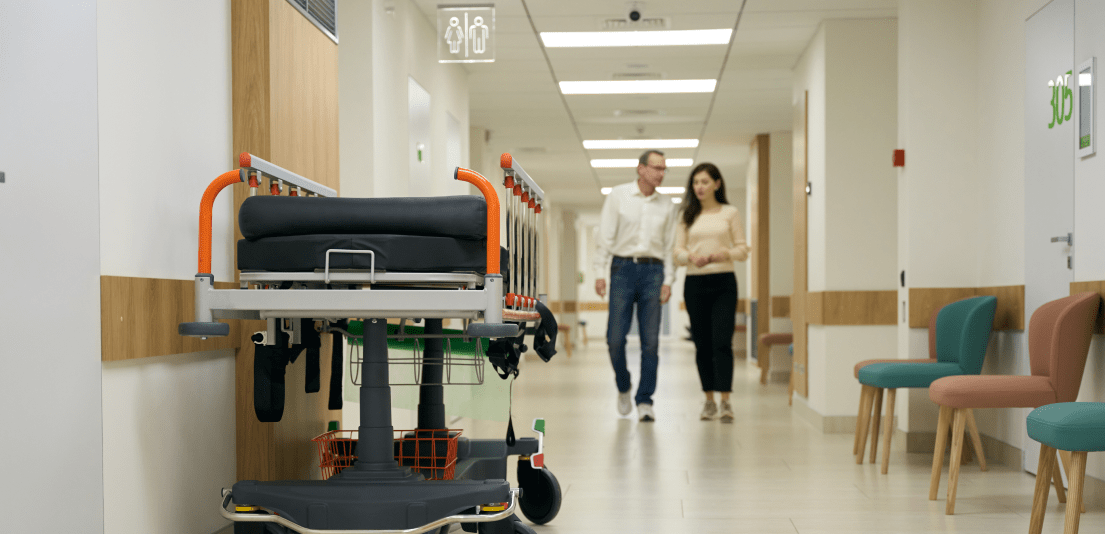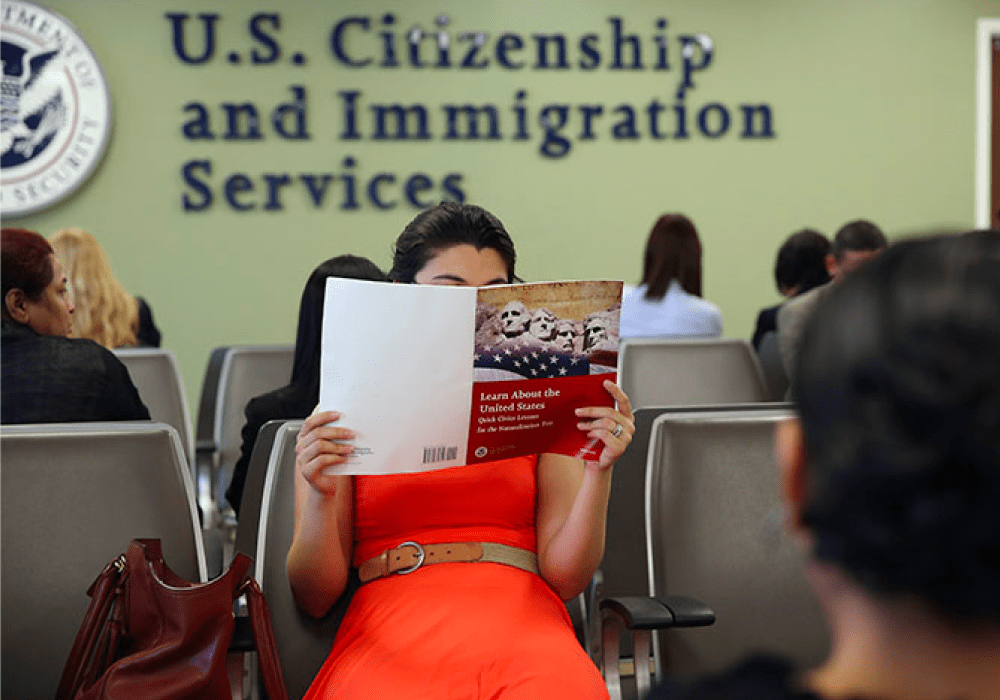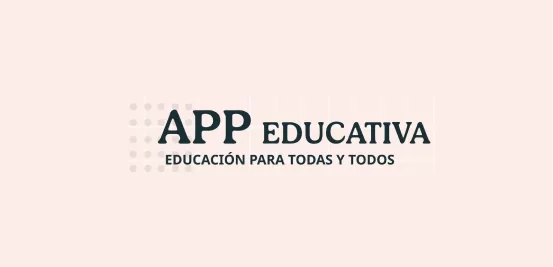Special Supplemental Nutrition Program for Women, Infants and Children or WIC, is a program that offers support to mothers and their children in vulnerable situations.
WIC is a program that uses federal resources to finance nutrition, supplemental feeding and health care programs in every state in the country. This program primarily targets low-income pregnant, lactating, and non-lactating postpartum women, as well as infants and children up to five years of age at nutritional risk.
Unlike other programs that use federal resources, WIC is administered by state agencies, therefore, it is the state authorities that determine the eligibility of the program in each state.

In many states, undocumented immigrant women and their children may be eligible for WIC benefits. There are four types of requirements: Category, Residency, Income, and Nutritional Risk:
In the criteria of category, women who are pregnant and up to six weeks after giving birth are eligible; women up to six months after giving birth, or having terminated the pregnancy; and lactating women, up to the infant's first birthday. Infants and toddlers are eligible up to their first birthday and children up to their fifth birthday.
On the other hand, the criteria for residency, indicate that women and their children must live in the state where they apply for the benefit. Immigration status in most states is not a criterion, so undocumented women can access the program if they meet all the requirements established by each state. Same situation with women who have another immigration status such as permanent residence.
In the criteria of income, applicants must be at an income level lower than that established by the agency that administers the WIC program in their state. Income generally must be within 100% of the federal poverty guidelines. You can consult the guidelines for this program at the following link: https://fns-prod.azureedge.us/sites/default/files/resource-files/WIC-Policy-Memo-2022-5-IEGs.pdf#page=3
Regarding nutritional risk, the Food and Nutrition Service (FNS) explains that: "Applicants must be seen by a health professional, such as a doctor, nurse or nutritionist who must determine if the person is at nutritional risk." Nutritional risk refers to medical or dietary conditions, for example, anemia, low weight, or a history of poor pregnancies.
States like California, Florida, Texas, allow access to all women who meet the established requirements regardless of their immigration status
In the following link you can find a map with the contact of each state for WIC and other FNS programs: https://www.fns.usda.gov/contacts/contact-map

